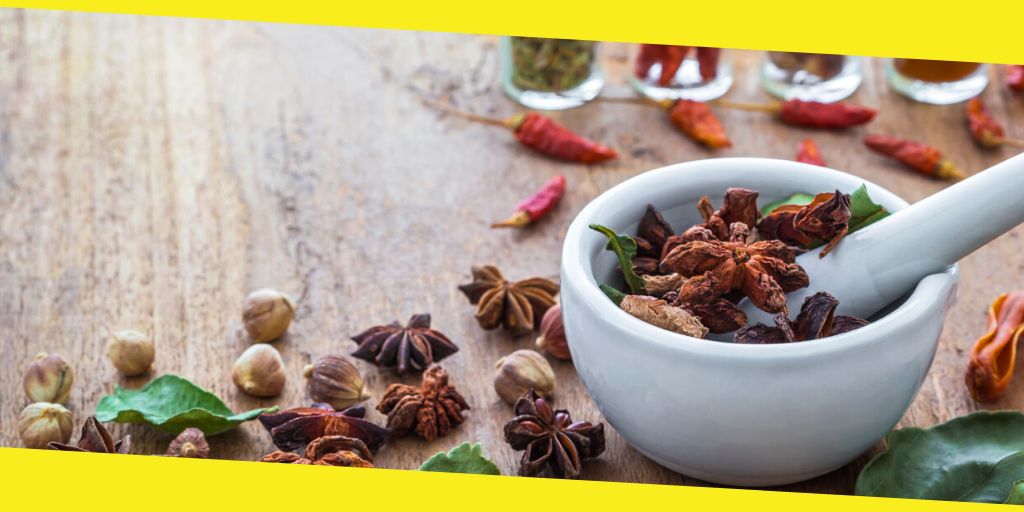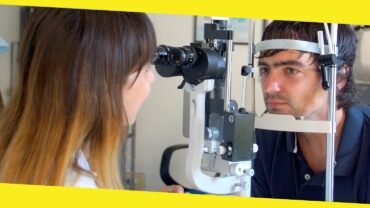What You Should Know About Chinese Herbal Medicine

A traditional healing approach that originated in ancient China thousands of years ago is often referred to as Traditional Chinese Medicine. The underlying principle of this procedure is very different from other Western notions about illness, systems of the body and health. According to Chinese herbal medicine practice, different kinds of herbs are formulated and used to normalize imbalanced energy, popularly known as Qi (pronounced as “Chee”), runs throughout the body via the meridians.
Various methods of the healing process are used by Chinese herbalists to treat a range of gastrointestinal and gynecological disorders. It is still practiced in many Chinese medical facilities alongside modern medicine in the United States and other countries, and is often considered a form of alternative medicine.
Contents
ToggleHealth Benefits of using Traditional Chinese Medicine
However, western scientists have not studied this healing process extensively to date, but Chinese herbalists use this process to address the following conditions:
- Allergies
- Depression and Anxiety
- Back pain
- Diabetes
- Skin conditions like Eczema, hives, acne, psoriasis, etc.
- Fertility
- High blood pressure and other cardiac issues
- Insomnia
- Pre and Post-Menopausal symptoms
- Rheumatoid arthritis
- Obesity
- Parkinson’s disease
The process of healing in Chinese Herbal Medicines is very different from modern medicines where the Chinese herbalists practice this healing process by treating the underlying “Yin” and “Qi” imbalance. For example, the treatment of insomnia may be related to any deficiency in kidney, spleen or blood.
The Unique Healing Approach
Ingrained in Taoism philosophy, Chinese Herbal Medicine is based on the theory that all of our body’s systems support each other mutually. To keep good health all of these organic systems and their functions must be in balance. However, any imbalance can be healed by harmonizing “Yin” and “Yang”, two opposite but complementing energies that are believed to affect our lives.
Moreover, vital energy called “Qi” flows throughout our body via certain pathways called the meridians. When the flow of “Qi” is excessive, weak or blocked various physical, mental and emotional health problems appear. Chinese herbalists aim to restore the flow of “Qi” to balance “Yin” and “Yang” and achieve wellness.
How the imbalance is diagnosed
A Chinese herbalist assesses your overall health by taking a health history. It is done by a tongue assessment, pulse assessment, and a physical exam. These assessments are based on 5 basic methods of diagnosis including, listening, looking, touching, smelling and asking.
This inspection includes a detailed analysis of the tongue that includes its size, shape, tension, color, and coating. Various feature of the tongue indicates various bodily functions such as:
- Color: the state of blood
- Shape: the state of blood and indicates excess or deficiency
- Features: digestive disorder and heat or inflammation in the blood
- Moisture: the state of fluids in the body
- Coating: the state of organs in the stomach region
- Coat thickness: imbalance in the digestive system or allergic disorders and autoimmune diseases
- Tongue body cracks: yeast infection or biotin deficiency
- Coat root: impairment of organs if not attached to the tongue’s surface
Therefore, patients are often suggested not to brush their tongue before an appointment so they don’t influence the findings.
Various treatment methods
There are many different therapeutic methods used in Chinese Herbal medicine, emphasizing individualized healing, so the methods vary from one patient to the other. These methods include:
- Zhen Jiu or Acupuncture
- Acupressure
- Ba Guan or Cupping
- Er Zhu or Ear candling
- Moxibustion
- Push and Grasp or Tui Na
- Scraping or Gua Sha
- Tai Chi
- Qi Gong
Uses of Herbs
Any Chinese herbalists combine several different herbs in formulas based on individual patient’s needs. These medicines are given as teas, capsules, tinctures, or powders.
Commonly used herbs in Chinese Herbal Medicine:
- Astragalus
- Ginkgo biloba
- Red yeast rice
- Cinnamon
- Ginger
- Ginseng
- Gotu kola
- Yu Xing Cao
Final words
Chinese Herbal Medicine practice can provide a unique perspective into the lifestyle that may influence your health. Few high-quality clinical trials show these healing methods can treat disease. Therefore, it is advised not to self-treat and seek the help of qualified Chinese herbalists to discuss if you need it or not.
Recommended For You
Tips To Consider When Choosing an Ophthalmologist
Most Inside
Most Inside offers high-quality recommendations and valuable updates to enhance all aspects of your life, providing premium guidance and enriching experiences.




